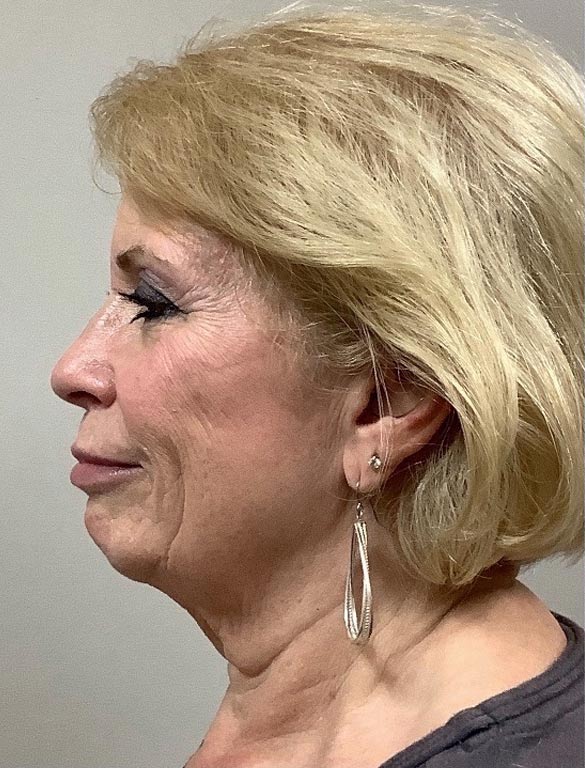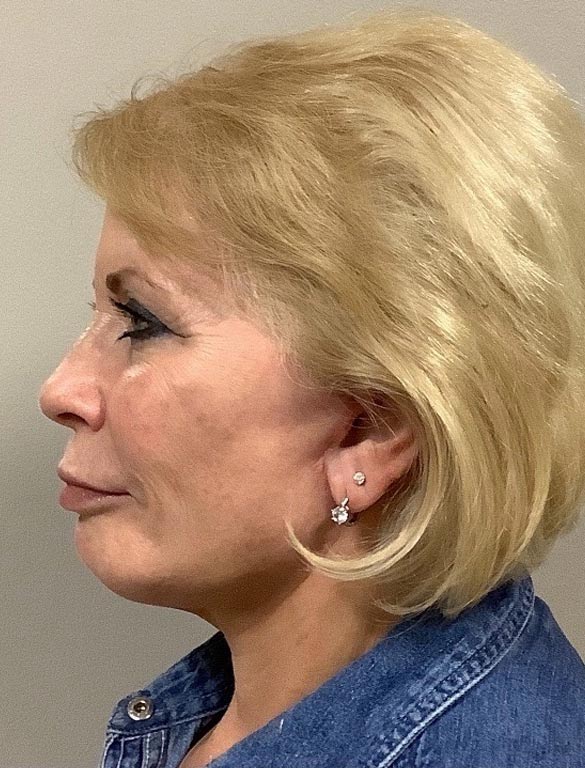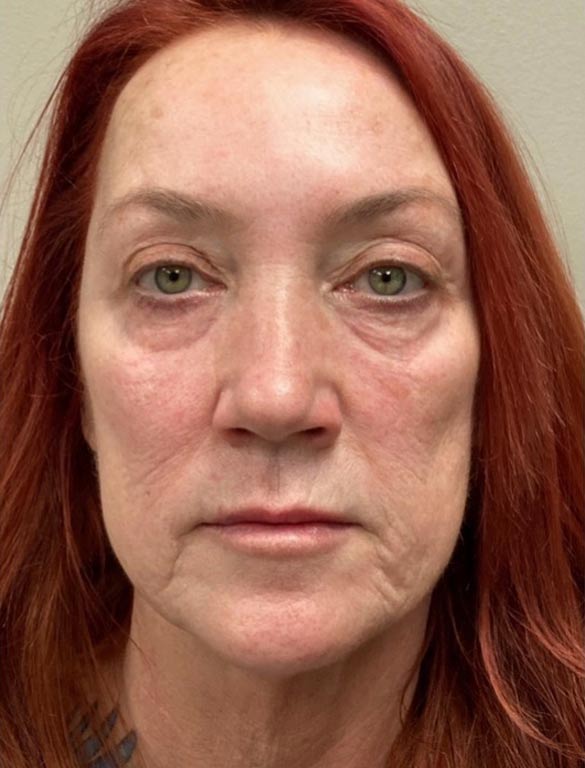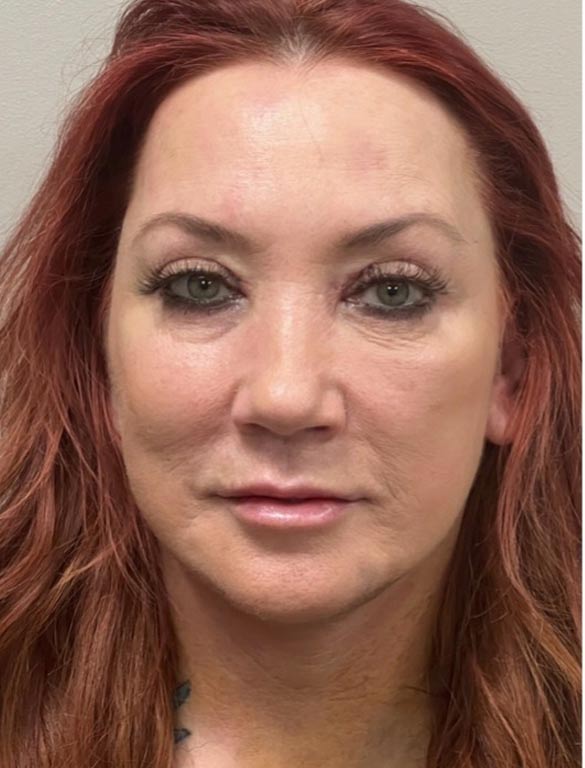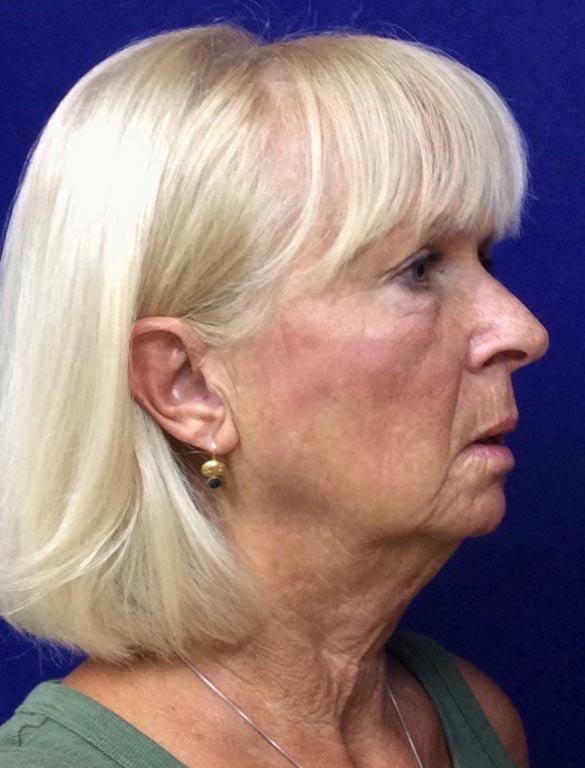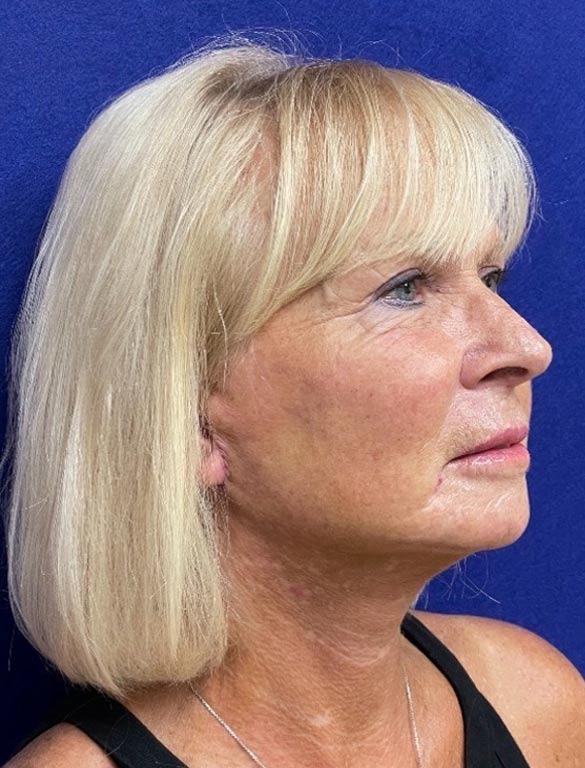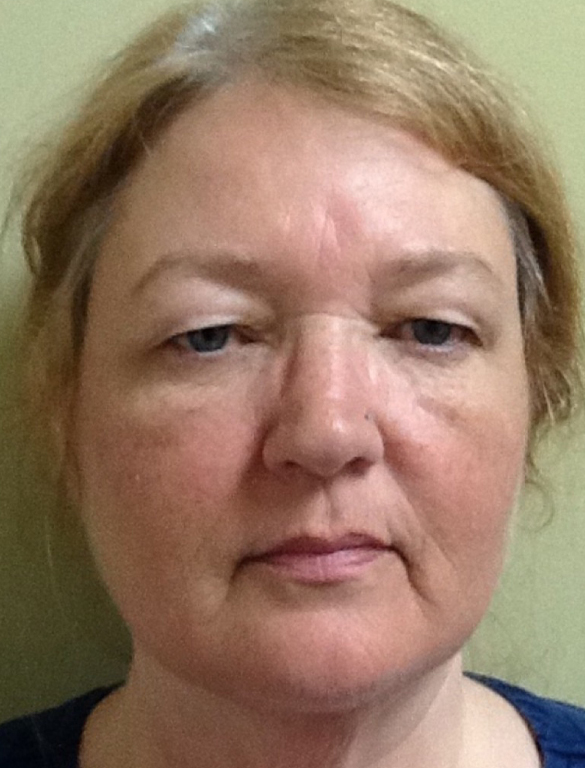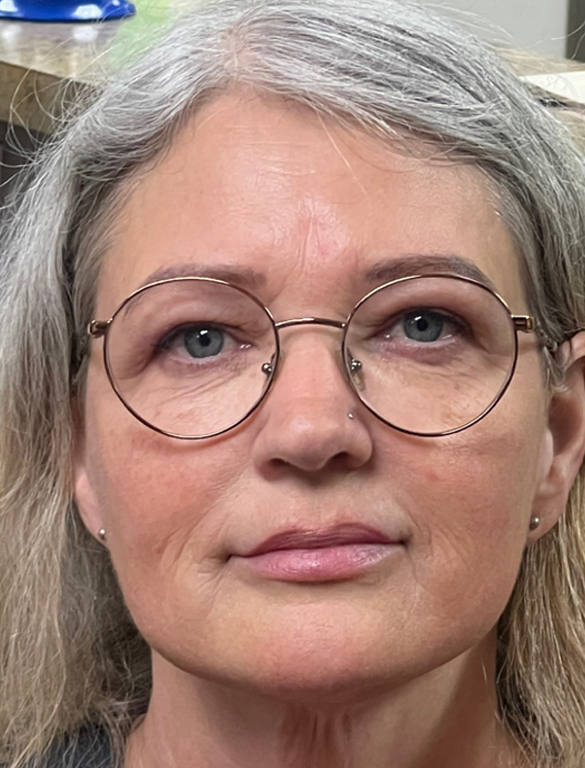Eczema Treatment
Conveniently located to serve the areas of Fenton, Sterling, Livonia, MI and San Diego, CA
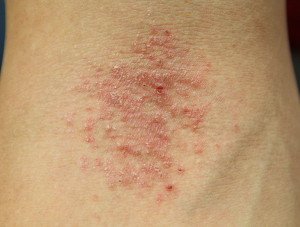
Eczema or dermatitis is a common skin allergy that affects thousands of people. Dermatitis is also referred to as eczema, atopic dermatitis, atopic eczema. It typically starts in early childhood and can continue throughout adulthood. Fortunately, The Skin and Vein Center offers Eczema treatment that you can trust!
Frustrating, uncomfortable, and sometimes embarrassing, eczema is a skin condition that can flare up a few times a year or be something that you have to deal with daily. Characterized by rough and inflamed skin and blisters that itch and cause bleeding, this skin disorder can really affect your quality of life. Fortunately, your suffering can be controlled, and we have compiled a list of top eczema treatments that can help bring comfort back to your life.
If your doctor has diagnosed you with atopic dermatitis, then you have got the skin condition commonly called eczema. Of course, you might have figured this out on your own—eczema causes red, itchy skin, making life uncomfortable. It may go away on its own, but it can always flare back up. Since there are no mainstream cures for eczema, natural remedies for eczema are common. These typically aim at relieving itching and prevent flare-ups.
Contents
Treating Eczema with Medications
Initially, we may suggest that you start your treatment for eczema regime with a cortisone cream, which can reduce the itch and inflammation. In milder cases of eczema, a simple over the counter cortisone cream may be able to resolve your issues, but in more extreme cases, we may prescribe a stronger cream.
Keeping your skin well moisturized can also help, but for severe cases, we may even prescribe corticosteroid pills, liquids, or shots. These drug treatments are for short periods of time, but they are helpful in treating eczema that just won’t dissipate. And finally, drugs that treat your immune system, such as cyclosporine, among others, are often prescribed for patients suffering from moderate eczema. Taking these drugs for an extended period of time can cause serious side effects and is something you should discuss with your physician should they be prescribed.
Treating Eczema with Phototherapy
Phototherapy involves the use of UV light to halt or lessen the overreaction of your immune system. This treatment for eczema is effective, but may prematurely age the skin and raise your risk for developing skin cancer along the line, so precautions must be taken. There are two kinds of
phototherapy: UV therapy and PUVA therapy. With UV therapy, your skin is exposed to UVA and UVB rays, sometimes singly, sometimes together, and occasionally with coal tar rubbed on your skin. PUVA therapy adds psoralen, a prescription drug that will make your skin more sensitive to UVA rays. This treatment is used when UV therapy has not been successful.
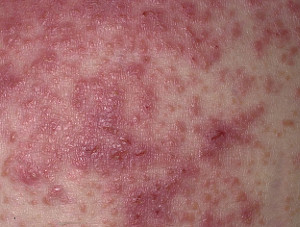
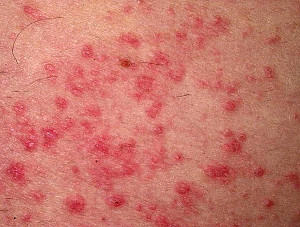
Causes
There are many causes of eczema including health conditions, genetic factors, and irritants. Each type of dermatitis can look different and tends to occur on different parts of the body. Before determining how to treat eczema, it is helpful to know what type you are dealing with.
Treatment
If your doctor has diagnosed you with atopic dermatitis, then you’ve got the skin condition commonly called eczema. Of course, you might have figured this out on your own—eczema causes red, itchy skin, making life uncomfortable. It may go away on its own, but it can always flare back up.
What to look for
Atopic dermatitis or eczema usually starts in infancy, and a red, itchy rash commonly shows up where the skin flexes, such as the elbows, the front of the neck, and behind the knees. It can leak fluid and crust over when scratched. It can be caused by allergies, and is often seen in families with members who have allergies, hay fever, or who also suffer from eczema symptoms.
Contact dermatitis occurs on parts of the body that have come in contact with substances that cause irritation or an allergic reaction. These irritants can include poison ivy, jewelry containing nickel, cleaning products, perfumes, and cosmetics. This rash may sting, itch, or burn, and may develop blisters.
Seborrheic dermatitis cause a red rash accompanied by oily, yellowish scales usually on the scalp, and the face, especially around the nose and ears. It is a common cause of dandruff and is known as “cradle cap” in infants. It commonly occurs in people with oily skin or hair, and may come and go as the seasons change. Additionally, heredity likely plays a role in this condition.
These types of eczema can be long lasting and painful, so it is important to be seen by an experienced physician, who can show you how to treat eczema properly. Call The Skin & Vein Center today at 800-400-VEIN to schedule an appointment to stop the itch of dermatitis.
As some of the top dermatologists in Michigan, we treat all dermatological conditions and perform everything from minor procedures to very advanced procedures including large excisions and MOHs surgery for skin cancer. We are also experts in vein treatment. We treat patients of all ages and we accept most insurances.

